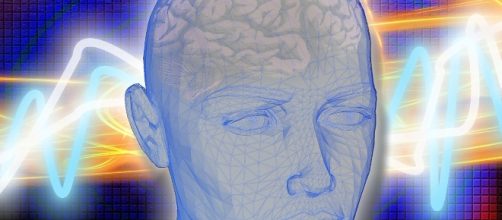As long as scientists and medical experts are aware of the existence of the Alzheimer's disease (AD) they have been trying to find its causes and to slow down its progression. The element they were concentrating the most was attempting to reverse the debilitating effects of Memory Loss in patients. Up until recently, that seemed like an almost impossible task. But a recent research study conducted at the Massachusetts Institute of Technology (MIT) has given positive indicators of a breakthrough that might provide hope for Alzheimer's patients and their families.
Is there a way to reverse the memory loss caused by this disease?
The new approach
For a while now, the researchers have been aware that the cause of the development of AD lies in the HDAC2 enzyme which has a critical role in the development of the disease. Alzheimer's patients always have elevated levels of this enzyme.The problem they have constantly been encountering was how to block this enzyme without causing negative effects on other enzymes from the HDAC that control the work of the brain. The HDAC2 enzyme causes a genetic blockade of the genes that are needed to form new memories. It does so by condensing the genes so they practically cannot function.
The key work of the scientists has for years concentrated on how to create drugs that could block HDAC2 without blocking other HDAC enzymes.
The success of the MIT team lies in the fact that it was able to find a way to precisely target this enzyme by blocking its interaction with a binding partner called Sp3. Li-Huei Tsai, the senior researcher of the project, has in 2007 discovered that blocking the cause of memory loss lies in the activity of HDAC enzymes. Blocking HDAC in mice caused a reversal of memory loss. Later, Tsai isolated the precise enzyme, HDAC2 as the one that blocks memory-linked genes.
A ray of hope
As this study published in the August 8, 2017, issue of "Cell Reports" sets out the work on developing an effective drug that would block the HDAC2 enzyme while preventing other negative effects is in its early stages.
As Tsai says, that by inhibiting the activity of HDAC2 or lowering its levels, there is a possibility of "removing the blockade and restore the expression of all the genes that are necessary for learning and memory."
Currently, there are 5.5 million Americans and almost 44 million people worldwide affected by Alzheimer's disease. Even though the work on finding an effective cure is yet to begin, the results of the MIT research represent that promising breakthrough that might represent that light at the end of the tunnel for AD patients and their families.


